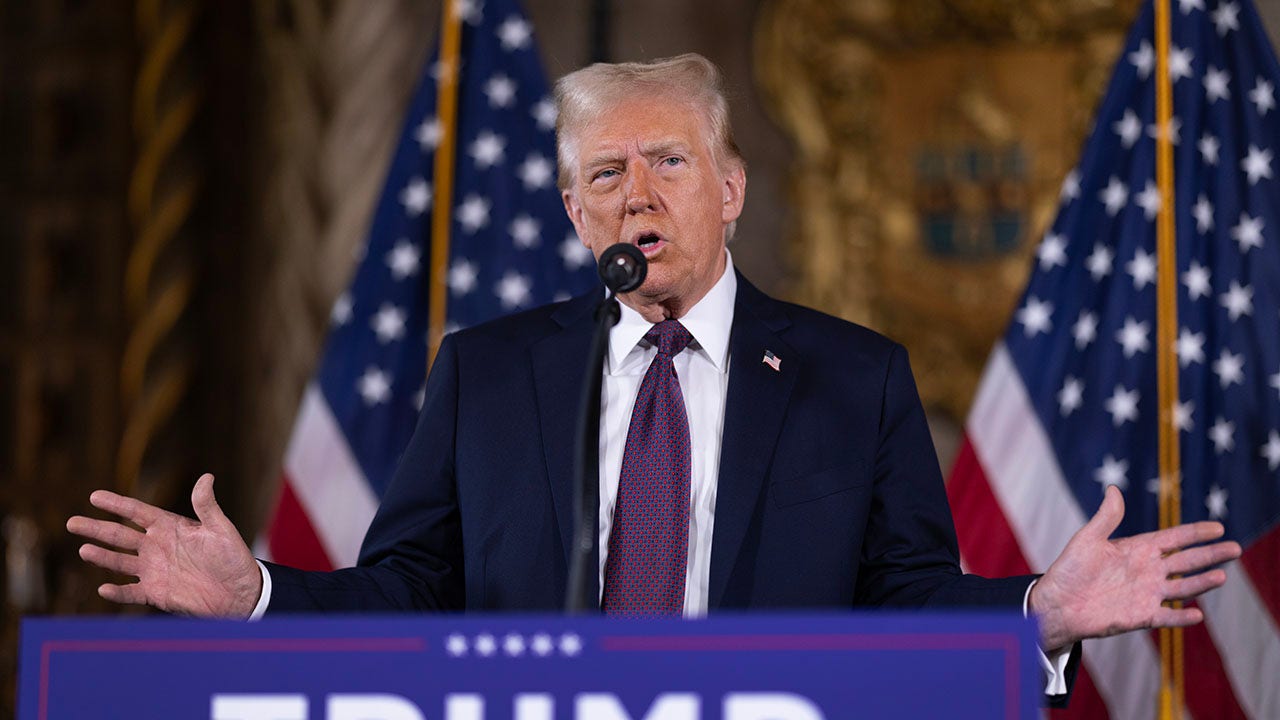Since the start of the Israeli aggression against the Palestinians Gaza stripPalestinians, Arabs, and supporters of the Palestinian cause in various parts of the world suffered from a siege of another kind, represented by a clampdown on content that exposes the crimes of the occupation on various social media platforms, especially American and Western ones such as Facebook AndInstagram AndWhatsapp And “X” (Twitter Previously) and other platforms biased towards the Israeli narrative.
The questions that arise in this regard are: Why do Arabs not have a global social media platform capable of conveying their voice away from the hegemony and control of Western social media? Is an Arab nation with great financial resources and capabilities unable to create and operate such a platform? What is the financial cost and economic feasibility of such a project? What are the difficulties and obstacles that may stand in his way?
These and other questions we will try to answer in this report.
Feasibility
The size of the global advertising market across various social media platforms reached $176.46 billion in 2022, and is expected to rise to $209.2 billion by the end of this year 2023, with an annual growth rate of 18.6%.
The size of this market is expected to reach about $381 billion by 2028, with an annual growth rate of 16.2%, according to what the Business Research Group platform stated in a recent expanded report.
As for our region, the digital advertising market in the Middle East will be the fastest growing in the world during the next two years, driven by the ongoing transformation in the Arab Gulf countries in general, and Saudi Arabia in particular.
The regional market, which was worth $5.9 billion last year, is expected to grow by 10% in 2023, and by 6.2% in 2024, to reach $7 billion.
Saudi Arabia is expected to become the largest advertising market in the region with a value of up to two billion dollars by the end of this year 2023, according to what the “Arabian Gulf Business Insight” platform recently reported.
Arabic platform
Those interested believe that if this money or part of it is invested to create an Arab communication platform, its proceeds will return to the Arab countries and institutions that supervise that platform.
In this context, information security and digital development expert Raed Sammour says, “Creating an Arab social media platform is a completely successful project if the reasons for success are available. The Arab world spends billions of dollars annually in advertising through Western and international social media platforms, and therefore the economic feasibility of such a project is limited.” “Very profitable.”
The founder and director of the “Reflect Center for Digital Development Studies” in Jordan adds, “There is another very important point, which is that our money will remain with us, and will be invested within the Arab world to develop our Arab societies and economy, instead of spending it on Western and global communication platforms. Also, such a project will transfer… “The Arab world has changed technically from a mere user and consumer to a manufacturer and producer of these technologies and platforms.”
For his part, writer and digital media expert Zaidoun Al-Hadid confirms that the economic feasibility is great if the platform is successful, and may range between 6 and 10 times its original value within only two years of its launch due to the current conditions that the region is experiencing.
But in general, and under normal circumstances, the project will need 5 to 7 years to cover its costs, according to Zaydoun.
Material cost
Raed Sammour says, “Such platforms require a high financial cost, as there are many sections and branches in them, and they require great human and technical effort, and require continuous work for long hours.”
He added, “Social media platforms need professional programmers and developers, and need sections and departments specialized in cybersecurity, promotion, electronic marketing, and public relations. They also require the presence of advanced servers capable of providing the requirements that such platforms need. This is why creating and operating an Arab social media platform is important.” Sustaining it requires at least half a billion dollars just to start.”
As for media expert Zaidoun Al-Hadid, he believes that the estimated cost of creating a technically advanced social media platform the size of Facebook or Twitter may reach at least a billion dollars annually, due to the high cost of building, developing, operating and maintaining such a platform, and its need for advanced servers that guarantee its quality and capacity, and the implementation of security protocols. , providing privacy, in addition to the size, level and experience of the development team, and the number of developers working on the project.
These may be large numbers, but – according to the two experts – they took into account the complexity and development of the application, the many features available in it to satisfy all users, in addition to the operational cost of the platform and developing and maintaining its operation 24 hours a day, 7 days a week.
However, some specialized platforms, such as the “Code Monitor” and “Medium” platforms, provided lower estimates for the design and development of such applications without delving into the operational cost, that is, they calculated the cost of designing and developing the application only.
According to Code Monitor, which estimated that one working hour to design an application amounts to $130 as a global standard, creating an application like Facebook will take between 2,800 and 3,100 working hours, which means that the total cost of developing a special application to clone Facebook will be between 364 and 403 thousand. Dollars, but this number does not include the operational cost of the application and the cost of its maintenance and continuous development.
In fact, the cost of designing a special social media platform may not be really large, as the “Medum” website confirms that the cost of designing a medium-level platform may not exceed $100,000.
In comparison, the operational cost of the Facebook platform alone amounted to $25 billion during the last quarter of last year alone, as explained by Jordanian technical expert Sherif Kattaneh, who stressed that “creating a social media platform is an extremely complex matter, and requires great capabilities, especially if it aims to reach It reaches millions of users around the world, and its operational cost may reach billions of dollars annually.”
He added, “This type of platform requires spending huge amounts of money for planning and design, and other funds for programming and cloud hosting, database costs, content management, application programming, maintenance and testing, ensuring privacy and protection, in addition to the costs of buildings and facilities and the salaries of their workers, and most importantly of all huge budgets for marketing.” “.
Difficulties and obstacles
In addition to the high financial cost that will be required to establish and operate a global Arabic platform for social networking, there are other obstacles and difficulties that are no less important, perhaps the most important of which is the factor of trust in such a platform, and convincing the Arab user to leave the other platforms he is accustomed to, and switch to using the new Arabic platform.
It is known that social media platforms are linked to American and Western security services in general. American platforms such as Facebook, Twitter, Instagram and others have links to security and intelligence services, and the TikTok platform also has links to Chinese security services. There is a type of cooperation that is almost open between these platforms and security services. Security in their countries, according to the founder and director of the Reflect Center for Digital Development Studies.
Raed Sammour says, “If we come to talk about an Arab social media platform, there is a very important question, which is the extent to which the Arab citizen is willing to accept handing over all his information and data to the Arab security services. This is something that may not be acceptable to many, and they may prefer to hand over their information to foreign agencies.” .
Sammour continues, “There is another very important aspect that may stand in the way between the Arab citizen and the interest in using the Arab platform that is supposed to be created, and it is a purely economic aspect related to this citizen’s work and his bread. For example, if a user attacks an Arab system, this system may fight him in his work.” Or preventing him from being employed in this or that country, and this will make many Arab users think a thousand times before registering on this platform.”
He continues, “In our Arab world, there are no laws that protect the information and data of Arab citizens, so users in the region will be afraid to register on such a platform.”
The solution may lie in making this platform decentralized, supervised by an independent Arab body, and with its central headquarters outside the Arab world, a good option to distance itself from the dominance of Arab security services.
Regardless of all the financial and security challenges and difficulties, establishing an Arab communication platform is an urgent necessity dictated by the Arab interest in confronting the dominance of Western social media platforms and their bias towards the Israeli narrative at the expense of the Palestinian cause.





